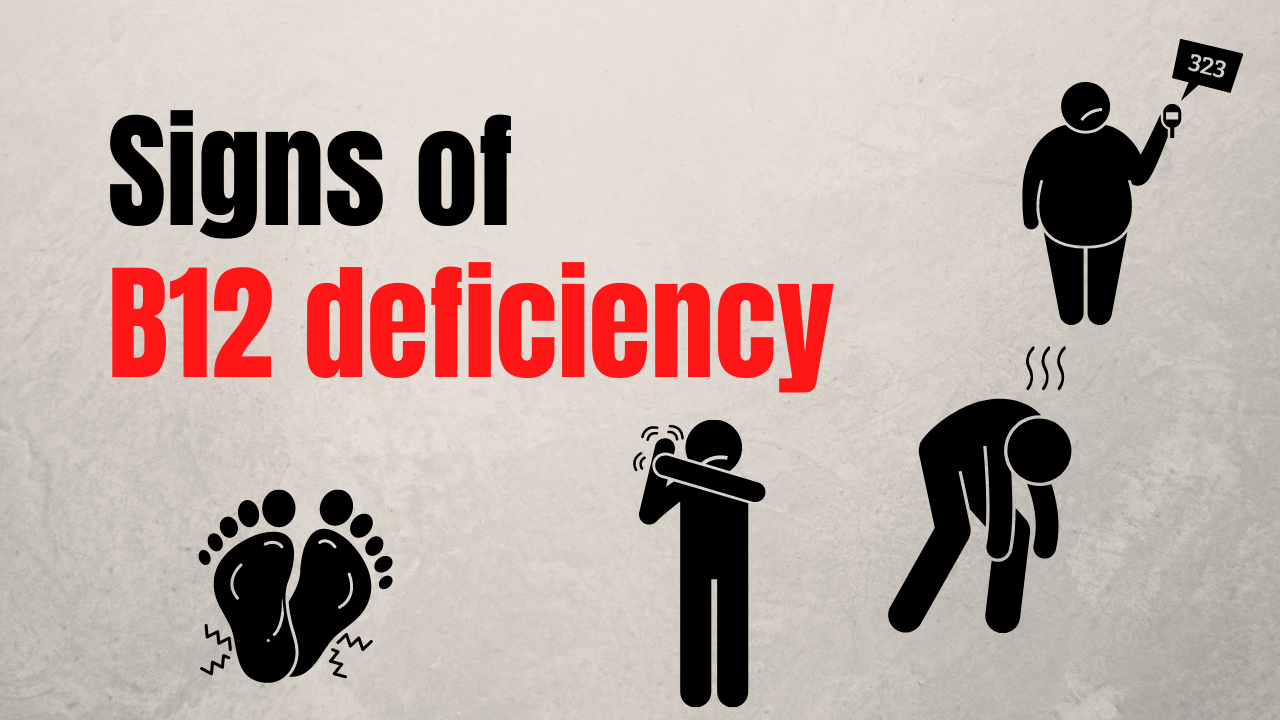WHAT IS METFORMIN ?
Metformin is a prescription drug to treat diabetes. Metformin is available under different brand names. You might see yours listed here:. Fortamet, Glucophage, Glucophage XR , Glumetza, Riomet
A common brand name here in the US is Glucophage. Metformin also plays a role in the treatment of Polycystic Ovarian Syndrome.
The mainstay of treatment and management of diabetes is diet and exercise coupled with lifestyle changes such as weight loss. There are many anti-diabetic drugs on the market, but Metformin continues to remain a first line treatment to manage your diabetes. Yes, it does have some side effects and I’ll touch upon them later in this article.
Dosages of Metformin?:
Mainly they are 2 forms of Metformin and an extended release(ER) form and an immediate release(IR)form. The doses for the IR form are: 500mg, 850mg &1000mg.The doses for the ER tab are 500mg, 750mg and 1000mg.There is also a form that comes in a solution: 500mg per 5mL.Metformin should be taken with your meals to reduce bowel and stomach side effects
The main difference between the 2 forms is that the ER form will not have to be taken that often as it lasts longer. Because it is given usually given once daily patients usually patients have a better compliance with the ER release form. The added advantage would be it has fewer side effects that the IR form.
What are the most common side effects?
There are several, the most common ones are GI side effects such as nausea and vomiting, stomach pain, diarrhea, heartburn, forming gas.GI are side effects can be as high or higher than 10%. Like I mentioned earlier in this article it is more commonly seen with the IR form of Metformin rather than the ER form.
Another common side effect which you can see up to 10% of cases is low blood sugar. Also referred to as hypoglycemia. As a diabetic you might be aware of some symptoms of low blood sugar such as palpitations, feeling faint and lighted headed, sweats, shakiness, confusion, anxious or nervousness.
Some patients report chest pain. Yes, chest pain or a constellation of symptoms which are related to your upper body such as palpitations or flushing. Now the difficulty when reporting this symptom is whether this is related to the medication itself or indeed a cardiac symptom. Diabetes is a risk factor for cardiovascular disease and you physician or provider might want to rule out a cardiac cause for your reported symptoms. They might want to work it up with testing such as blood work, an EKG or even if need be a stress test.
Headache and dizziness are other symptoms reported. This can be seen as high as 6%
Now there is a side effect you might have read about or your doctor mentioned called lactic acidosis. This was seen especially post marketing. The risk of lactic acidosis is rare, however you should be aware of the term.
What does it mean?
It just means your body is increasing with acidity, which obviously is not good for your circulation and organs.
Who is at an increased risk for lactic acidosis? If you have kidney problems especially if your
- GFR is less than 30, if your heart failure in not well controlled,
- if you are undergoing a study which requires IV contrast,
- if you drink alcohol excessively,
- before or after surgical procedures,
- older patients above the age of 65 especially with compromised kidney function.
Does that mean you can’t take the drug? No, your health care provider is familiar with these situations and will consider changing you to another anti-diabetic drug if the situation calls for a change.
 Another side effect with long term use of Metformin is Vitamin B12 deficiency.
Another side effect with long term use of Metformin is Vitamin B12 deficiency.
Low levels of B12 have been seen as early as 3-4 months after starting Metformin and in other cases they after been seen after 5-10 years of treatment. In a cross-sectional study looking at this up to 1/3 of patients on Metformin were B12 deficient. B12 deficiency is associated with anemia and neuropathy. Symptoms of anemia are shortness of breath and fatigue. Symptoms of neuropathy are numbness and tingling of your feet and hands. You might even have trouble walking; your mood can be affected presenting as irritability or depression.
Another side effect associated with this drug is fatigue and has been reported up to 9% of patients.
Now this is quite difficult to associate with the drug as being tired or fatigued is a vague symptom. If there is a correlation between starting the drug and having symptoms causality can be perhaps established. The only way one would know is by stopping the drug, in consultation with your physician, and seeing if these symptoms go away However, this can be hard to do as feeling tired is also a symptom of so many diseases including diabetes.
When do I have to call my doctor right away?
If you are having an allergic reaction to the medication. You will have feeling of difficulty breathing, SOB, wheezing a rash or possibly hives
You may have very bad stomach pain with repeated episodes of vomiting or diarrhea or even having unusual muscle pain. This could be a sign of a bad side effect known as Lactic acidosis, when there is too much acid in your blood.
You might have signs of low blood sugar. You will feel weak, shaky and dizzy. You might start sweating, feel confused with a rapid heartbeat.
How can you avoid side effects?
- Start at the lowest dose and titrate up. You will be advised to take the dose of 500mg with your dinner. This is done not only to minimize side effects, but to also help reduce your higher blood sugar readings in the morning.
- Your doctor will advise you to take this for 1-2 weeks. If you are tolerating this then another dose of Metformin can be added in the morning with your breakfast. This can be taken for another 1-2 weeks.
- A third dose can be added at lunch time, But I usually recommend against that. The reason is easy to understand.. You want to keep it simple and manageable. I have seen if there are too many medication changes or the frequency of the medication is changed too often that reduces the compliance of patients. Please have a discussion regarding this with your health care provider
- Your health care provider might want to switch to an extended release medication if you are experiencing side effects. This also simplifies how many pills you need to take.
You can watch the entire Yt video here:
Think your health and have a good day.
Sources:






